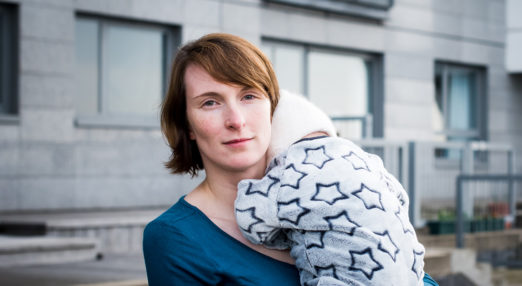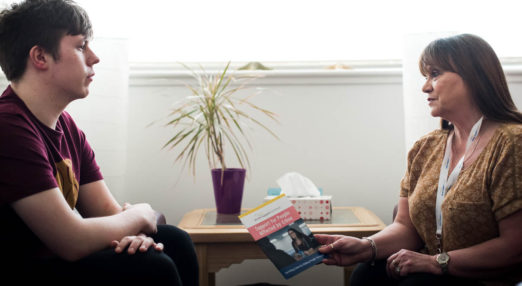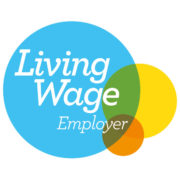VSS respond to Scottish Sentencing Council consultation on sentencing young people guidelines
Chloë Minish, our Policy and Research Officer, writes about the recent submission from Victim Support Scotland on the draft sentencing guidelines for young people. Chloë looks at the challenge of accounting for age and maturity without discounting the impact of crime for the vicitm.
The Scottish Sentencing Council recently held a consultation into its guidelines for the sentencing of young people. This followed the publication of a review of research by the University of Edinburgh in February 2020, which demonstrated that the adolescent brain continues to develop into adulthood and does not reach full maturity until approximately 25-30 years of age.
The research review found that ‘brain development may be delayed or hindered by other factors such as mental disorders and distress, adverse childhood experiences, traumatic brain injury (“TBI”), and alcohol and substance use’ and noted that there is a ‘well-established correlation’ between TBI and antisocial behaviour and violent offending. In particular, it finds that a TBI suffered during adolescence can be more damaging as it interrupts the development of the brain.’
While these findings are valid and should not be dismissed, it is important to highlight that the long-lasting and often devastating impact of crime is often felt by the victim, irrespective of if the crime has been committed by a child, young person or adult. Maturity and age are subjective but must not detract from justice being served to people affected by crime.

In relation to driving offences, the response lodged by Scotland’s Campaign against Irresponsible Drivers (SCID) noted, all individuals are required to pass a competence test in order to be deemed safe to drive a vehicle. Age is not the determining factor in offences which result from careless or dangerous driving. More consideration is needed as to how the sentencing guidelines can be applied in such instances or if it is appropriate for them to be waived.
The draft guidelines for sentencing young people are geared towards promoting rehabilitation over custodial sentences, asserting that:
Rehabilitation is a primary consideration when sentencing a young person. Young people should be provided with the opportunity to change, and to move away from past offending behaviour. The judge should therefore seek to reduce, through rehabilitation, the risk of reoffending, and to identify the features which are likely to make the sentence particularly effective.
While the sentiment of providing second chances is an honourable one, this neglects to acknowledge the severity that the actions of a young person has on a victim. Some rehabilitation measures place the needs of the perpetrator ahead of the needs of victims. In doing so, this has the potential to add to the trauma which the victim has experienced. The impact of this should not be underestimated.
In determining an appropriate sentence much weight is placed on the offender’s mitigating circumstances, for example, the effect of offenders’ sentence on family, employment, determination to address drink/drug issues etc. Clearly there are times when considering these circumstances is important. But the continuing traumatic impact of crime on those directly affected, and their support network of friends and families, should be front and centre of our justice system.
If sentencing fails to acknowledge the impact that the actions of any perpetrator has had on their victim then this is a failure of the criminal justice system as a whole.
It is vital that, when accounting for the age and maturity of the perpetrator, an unclear or unjust process of sentencing does not emerge.
Latest news and blogs
-

We’re here – support over the festive period
We know that the festive period can be difficult for people impacted by crime - that's why we'll remain open right through Christmas and New Year.
Read more
-
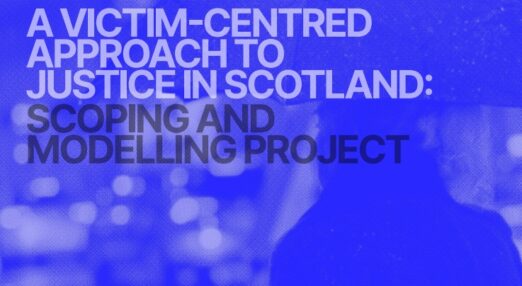
A Victim-Centred Approach to Justice in Scotland: Scoping and Modelling Project
This project, commissioned by Victim Support Scotland, sought to explore how a more victim-centred approach could be realised in Scotland's criminal justice system.
Read more
-

Concern over impact of new early prisoner release bill as Scotland’s crime stats revealed
Victim Support Scotland has expressed concerns about the impact of the Prisoners (Early Release) (Scotland) Bill, which was passed by MSPs yesterday, in light of new crime statistics revealed by the Scottish Government.
Read more
-

Victim Support Scotland voices concerns about Prisoners (Early Release) (Scotland) Bill
Victim Support Scotland has voiced concerns about the Prisoners (Early Release) (Scotland) Bill.
Read more
-

Media Reporting on Child Homicide – Victim Support Scotland Consultation Response
Victim Support Scotland's response to the Scottish Government consultation on Media Reporting on Child Homicide.
Read more
-
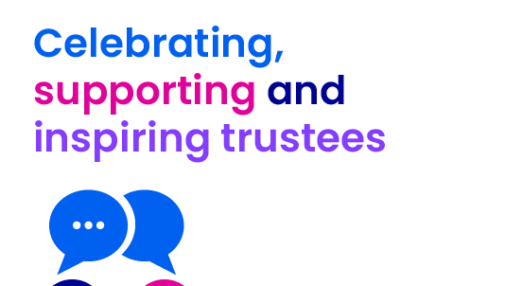
Highlighting the role of Trustees at VSS
We sat down with Gillian Imery, one of our trustees, to chat about the role she plays, why she decided to get involved with VSS, and how her skills and experience enrich our charity.
Read more
-

Statement on Homicide in Scotland figures
Victim Support Scotland has released a statement in response to the Homicide in Scotland figures released by the Scottish Government.
Read more
-
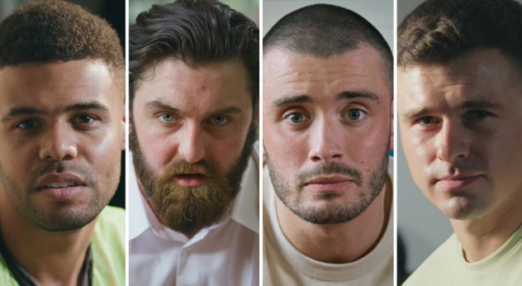
Statement on Police Scotland rape statistics
Victim Support Scotland has released a statement on the figures released by Police Scotland which show an increase in the number of rape cases reported within the last 6 months, alongside the launch of the latest 'That Guy' campaign.
Read more
-

Victims of hate crime need to have their voices heard
This article by our Chief Executive Kate Wallace argues why more must be done to support victims of hate crime.
Read more
-

Statement on Scottish Government’s plans for Victim Notification Scheme reform.
Victim Support Scotland has released a statement on the Scottish Government's plans for reform of the Victim Notification Scheme.
Read more
-

Statement on Scottish Government plans for long-term prisoner release
Victim Support Scotland has released a statement on the Scottish Government's plans for long-term prisoner release.
Read more
-

Experiencing Hate Crime – Helena’s* story
When Helena’s* partner became disabled as a result of a severe stroke, they began to experience a series of hate crimes perpetrated against them by a neighbour. VSS supported her during the court process, towards the end of her ordeal. This is her story.
Read more

